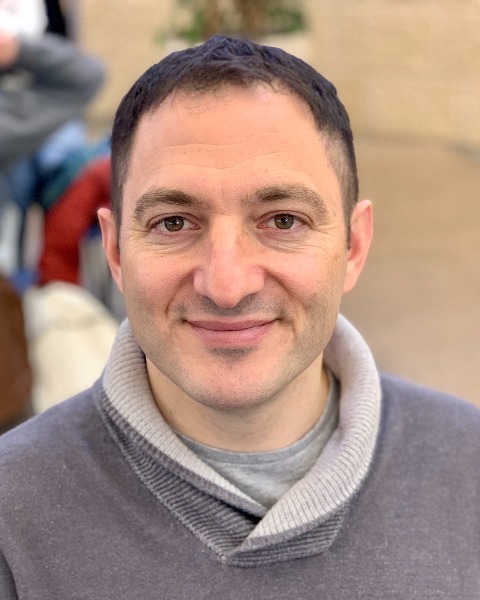Category: Clinical Obstetrics
Poster Session IV
(1100) Long- term dermatology morbidity of offspring born to women with psoriasis
Women comprise about half of psoriasis patient, while the majority of cases represent during reproductive age. Limited data exists regarding long-term morbidity of the offspring in women with psoriasis. The objective of this study was to assess long-term dermatology morbidity of the offspring born to women with psoriasis.
Study Design: In a population-based cohort study, long- term dermatologic morbidity of the offspring was compared between singletons born to mothers with and without psoriasis. Deliveries occurred between the years 1991-2021 in a regional tertiary medical center. Dermatology morbidity up to the age of 18 years was assessed according to a predefined set of ICD-9 codes associated with offspring hospitalizations. A Kaplan-Meier survival curve was used to assess cumulative incidence of dermatologic morbidity of the offspring and a Cox proportional hazards model was performed to control for confounders.
Results:
During the study period 356,356 deliveries met the inclusion criteria, of which 240 (0.07%) occurred in women with psoriasis. Rates of total long- term dermatologic hospitalizations of the offspring were comparable between the groups (6.7% vs 4.6% for offspring to mothers with and without psoriasis, respectively, p=0.129, Table). Likewise, no difference was demonstrated between the groups in the cumulative incidence of long- term dermatologic morbidity of the offspring (Kaplan-Meier Log -rank p= 0.140, Figure). In a Cox proportional hazards model, controlling for gestational age, maternal age, diabetes mellitus and hypertensive disorders, being born to a mother with psoriasis was not associated with long-term dermatology morbidity of the offspring (adjust HR = 1.4, 95% CI 0.88-2.36; p=0.142).
Conclusion: Being born to a mother with psoriasis is not a risk factor for long-term dermatologic morbidity of the offspring.

Moran Shahar, MD
Soroka Medical Center
Beer Sheva, HaDarom, Israel, Israel
Tamar Wainstock, PhD (she/her/hers)
Department of Epidemiology, Biostatistics and Community Health Sciences, Faculty of Health Sciences, Ben-Gurion University of the Negev
Beer Sheva, HaDarom, Israel, Israel.jpg)
Gali Pariente, MD
Acting director of Fetal Maternal Unit B Division of Obstetrics and Gynecology
Soroka University Medical Center
Klahim, HaDarom, Israel
Gil Gutvirtz, MD
Soroka University Medical Center
Metar, HaDarom, Israel
Eyal Sheiner, MD,PhD
Head of department of Obstetrics and Gynecology B, Soroka University Medical Center
Soroka Medical Center
Omer, HaDarom, Israel

.png)
